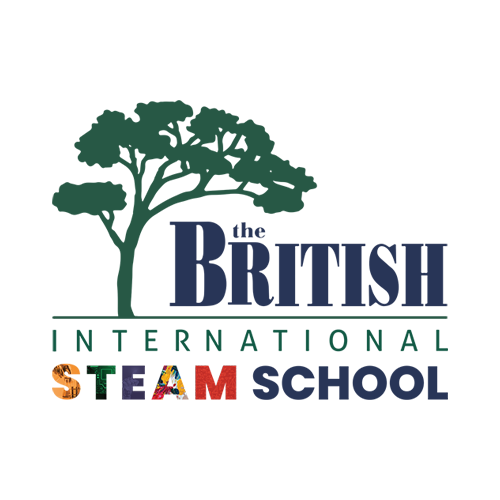EARLY YEARS / PRE-SCHOOL
What is Preschool?
This stage is a very important step for your child's future learning skills and success. From the time your child is born until the age of 6, early life experiences should be happy, active, exciting, fun and safe, and should support their development, interest and learning needs.
Preschoolers learn by playing, exploring, and actively thinking creatively and critically through activities both inside and outside the classroom.
For Detailed Information





 Türkçe
Türkçe Admissions
Admissions
 Procedures
Procedures
 Campus Visits
Campus Visits

